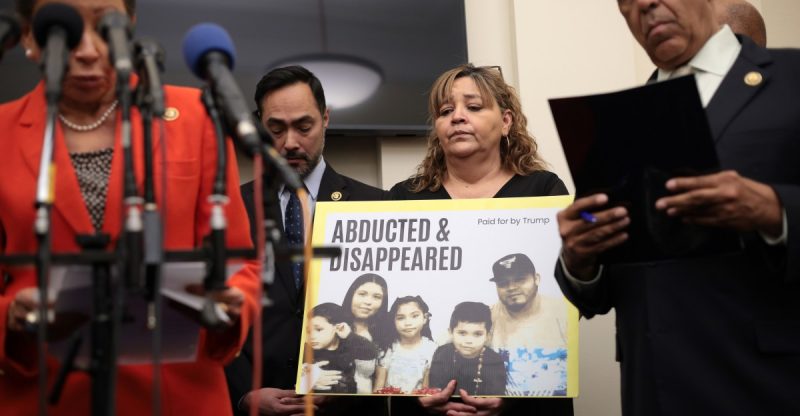
The Supreme Court ordered the Trump administration to return Kilmar Abrego Garcia, a Maryland man wrongly deported to a notorious Salvadoran prison. The government’s admission of an “administrative error” is alarming enough, but their subsequent refusal to provide information on his whereabouts is deeply troubling. This blatant disregard for a court order raises serious questions about accountability and the rule of law.
The administration claims that providing information about Abrego Garcia’s location and the steps being taken to return him is impossible due to “sensitive country-specific considerations” and the involvement of a foreign government. This explanation, however, is unconvincing to legal experts. They argue that the simple act of requesting his return shouldn’t require complex foreign policy maneuvering. The US government is, after all, already paying the Salvadoran government to imprison hundreds of deportees, 90 percent of whom have no criminal record.
This isn’t the first time the Trump administration has ignored a court order. Previously, they refused to turn around deportation flights mid-air, claiming US courts lacked authority outside US borders. This pattern of defiance is deeply unsettling. The judge has now ordered daily updates on the administration’s plan to bring Abrego Garcia back, highlighting the urgency of the situation.
Abrego Garcia’s case is particularly concerning because of the dangerous conditions he faces in El Salvador. He was granted relief from deportation in 2019 due to the risk of gang violence, despite government accusations of MS-13 ties that were never proven in court. The prison where he’s being held is known for human rights abuses and has been described as a “legal black hole.” The government’s refusal to even acknowledge his location further fuels concerns for his safety and well-being.
Legal scholars warn that this incident is symptomatic of a broader attack on the rule of law. This includes targeting law firms representing individuals against the government, defunding legal services, and detaining people in obscure locations. This erosion of civil liberties is a dangerous trend, and the recent Supreme Court ruling, while a partial victory, offers little comfort. While the ruling prevents deportations under an obscure 18th-century law without due process, it assumes access to legal counsel – a luxury not always available in remote detention areas.
The Trump administration’s actions, initially focused on those accused of gang ties, could easily expand to target individuals based on ideology. The lack of transparency and the blatant disregard for court orders are alarming and raise serious questions about the protection of basic human rights in the United States. The case of Kilmar Abrego Garcia serves as a stark warning of the potential consequences when the rule of law is undermined.










